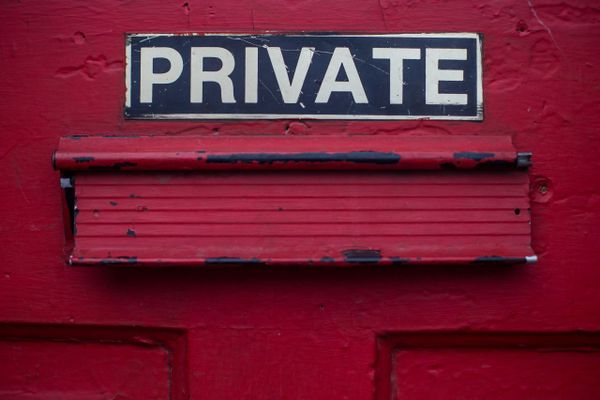Mystery Server Found to Host Private Data in the Open for 1.2 Billion People

Personal data for 1.2 billion people was discovered in an open Elasticsearch server. It’s unclear who owned the server, how the data got there, who had access to it, and how long sat in the open, free for anyone to access.
The more than 4 terabytes of data was discovered by security researchers from Data Viper. Unlike other troves, this simple database didn’t hold user names and passwords, but personal data, such as names, email addresses, phone numbers, LinkedIn, and Facebook profiles, scrapped off the Internet.
This type of information is collected online from social media accounts that allow public access, and it seems that there’s no shortage of people who don’t know that the whole world has access to their data, which most of the time includes stuff you wouldn’t knowingly give strangers.
“For a very low price, data enrichment companies allow you to take a single piece of information on a person (such as a name or email address), and expand (or enrich) that user profile to include hundreds of additional new data points of information,” says security researcher Vinny Troia. “Collected information on a single person can include information such as household sizes, finances and income, political and religious preferences, and even a person’s preferred social activities.”
It turned out that few companies provide data “enrichment” as a service, and most of the data found in the Elasticsearch server was identified as belonging to People Data Labs (PDL). One interesting point is that the PDL data contains education histories, which the mystery server doesn’t list.
Finally, since PDL denies suffering a breach, it’s challenging to find someone accountable. The open Elasticsearch server doesn’t seem to have any link to PDL, and Google Cloud hosted the information. This also means it’s impossible to know, without a court order, who set it up. The FBI and other law agencies won’t get involved unless a crime was committed, and technically that’s not the case, at least not yet.
tags
Author
Silviu is a seasoned writer who followed the technology world for almost two decades, covering topics ranging from software to hardware and everything in between.
View all postsRight now Top posts
How to Protect Your WhatsApp from Hackers and Scammers – 8 Key Settings and Best Practices
April 03, 2025
Outpacing Cyberthreats: Bitdefender Together with Scuderia Ferrari HP in 2025
March 12, 2025
Streamjacking Scams On YouTube Leverage CS2 Pro Player Championships to Defraud Gamers
February 20, 2025
How to Identify and Protect Yourself from Gaming Laptop Scams
February 11, 2025
FOLLOW US ON SOCIAL MEDIA
You might also like
Bookmarks








